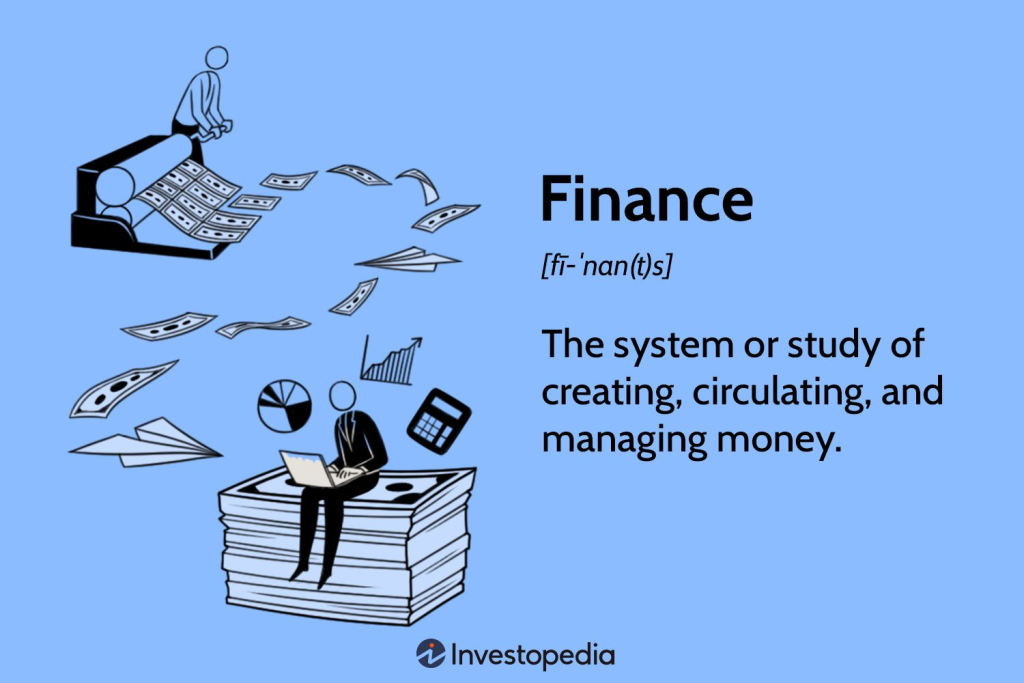Achieving financial surplus and mastering the art of money management are essential skills that can empower you to create a secure and prosperous future. Whether you’re looking to save for a major purchase, build an emergency fund, or invest for long-term growth, implementing smart financial strategies can help you reach your goals. Let’s explore practical tips to gain a financial surplus and effectively manage your finances.
1. Set Clear Financial Goals
The first step to gaining a financial surplus is setting clear and achievable financial goals. Whether it’s saving a specific amount each month, paying off debts, or investing in your future, clearly defined goals provide direction and motivation. Break down your goals into short-term, medium-term, and long-term objectives to create a roadmap for success.
2. Create a Budget and Stick to It
A budget is a powerful tool for managing your finances and ensuring that you live within your means. Start by tracking your income and expenses to identify areas where you can cut costs and increase savings. Allocate funds for essentials such as housing, groceries, utilities, and transportation, while also setting aside money for savings and discretionary spending.
3. Build an Emergency Fund
An emergency fund acts as a financial safety net in case of unexpected expenses or emergencies. Aim to save at least three to six months’ worth of living expenses in a separate savings account to cover unforeseen circumstances such as medical emergencies, job loss, or home repairs. Having an emergency fund can provide peace of mind and financial security during challenging times.

4. Reduce Debt and Avoid High-Interest Loans
High-interest debt can hinder your financial progress and drain your resources over time. Prioritize paying off high-interest debts such as credit card balances, personal loans, and payday loans to reduce interest costs and free up more funds for savings and investments. Avoid taking on new debts unless necessary and opt for low-interest financing options whenever possible.
5. Invest Wisely for Long-Term Growth
Investing is a key component of building wealth and achieving financial surplus. Explore investment options such as stocks, bonds, mutual funds, real estate, and retirement accounts to grow your wealth over time. Consider working with a financial advisor to develop a diversified investment portfolio tailored to your risk tolerance, goals, and time horizon.
6. Continuously Educate Yourself About Personal Finance
Financial literacy is crucial for making informed decisions about your money and achieving financial success. Stay informed about personal finance topics such as budgeting, investing, taxes, and retirement planning. Attend workshops, read books, listen to podcasts, and follow reputable financial experts to expand your knowledge and improve your financial acumen.
In conclusion, gaining financial surplus and mastering money management require discipline, planning, and a long-term perspective. By setting clear goals, creating a budget, building an emergency fund, reducing debt, investing wisely, and educating yourself about personal finance, you can take control of your financial future and build a solid foundation for wealth accumulation. Remember, financial freedom is attainable through diligent effort and smart financial choices. Start implementing these strategies today to pave the way for a brighter financial tomorrow.



